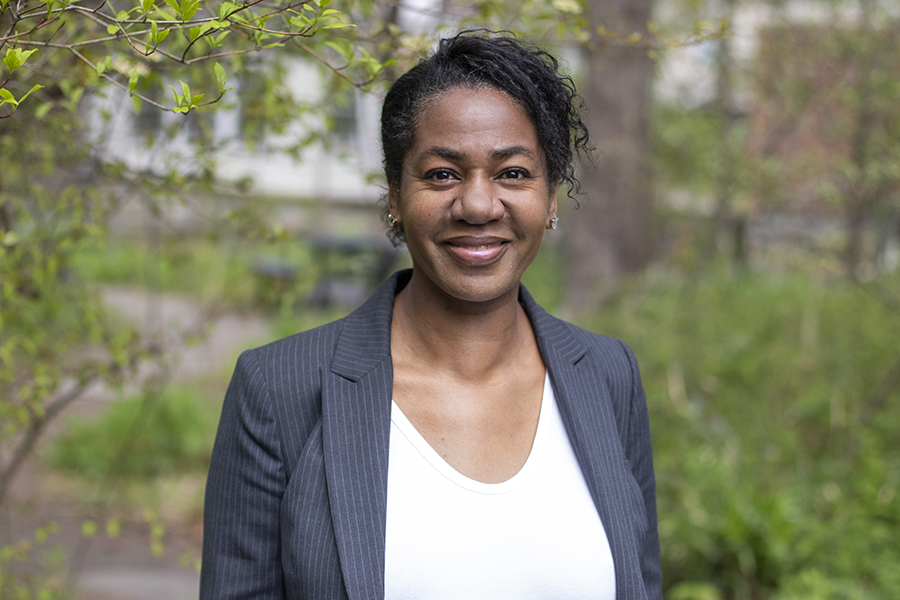News
-
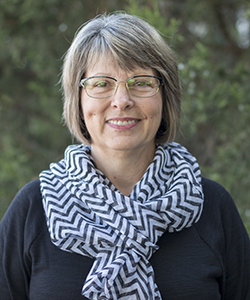
Thank you, Arline Wilson
It all started simply because Arline Wilson was bored. “I was not working; I was taking a break trying to figure out what I wanted to do,” she said. “I […]
-

Boudreaux receives Art Meets Activism grant
Congratulations to Kate Boudreaux, a student in the College and Career Studies Program at UK, for receiving an Art Meets Activism grant from the Kentucky Foundation for Women. Kate, who […]
-
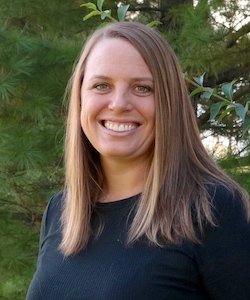
Dr. Julie Pfeiffer receives prestigious Burberry Award
This year’s winner of the Kevin Burberry award is Julie Pfeiffer in honor of her work with airline accessibility. The yearly Kevin Burberry Award honors students who work with HDI […]
-
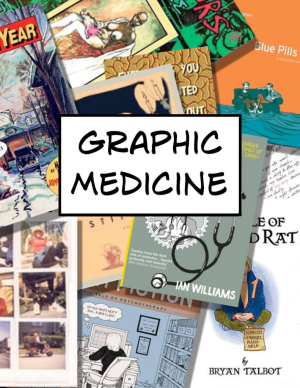
HDI receives WITH Foundation Grant to support work in Graphic Medicine
Thanks to a grant from the WITH Foundation, HDI will have the opportunity to create new resources in the emerging field of graphic medicine. “Graphic medicine is a field which […]
-

Thompson Earns Universal Design Certificate
Elizabeth Thompson has been involved with HDI for a while, but she’s always ready for an opportunity to learn more. Thompson, who works with the RETAIN project in Administrative Support, […]
-
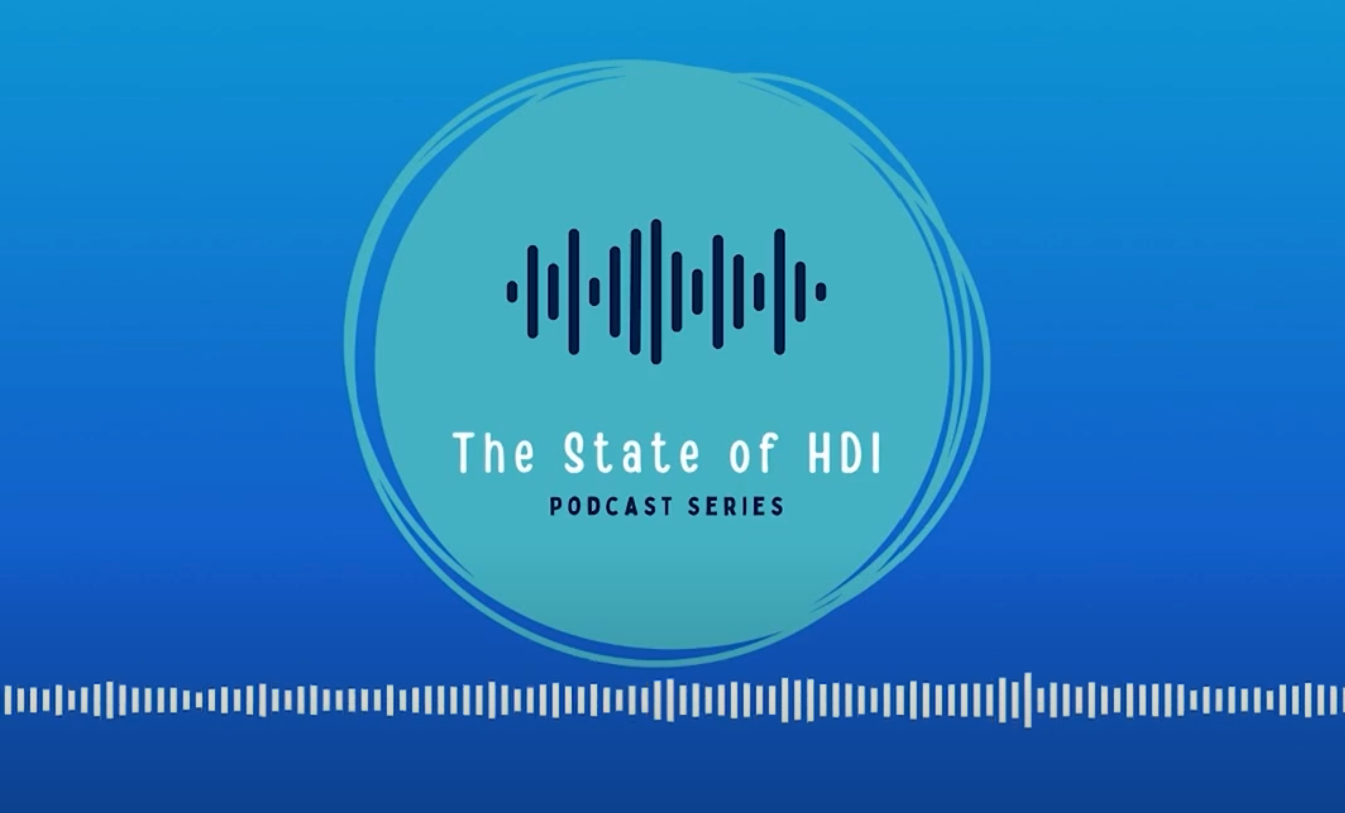
State of HDI: Communication Q&A with Jacqui Kearns
Transcript [Patti Singleton] All right. Hello and welcome and thank you for joining us on the state of HDI. A podcast of the University of Kentucky Human Development Institute. This […]
-
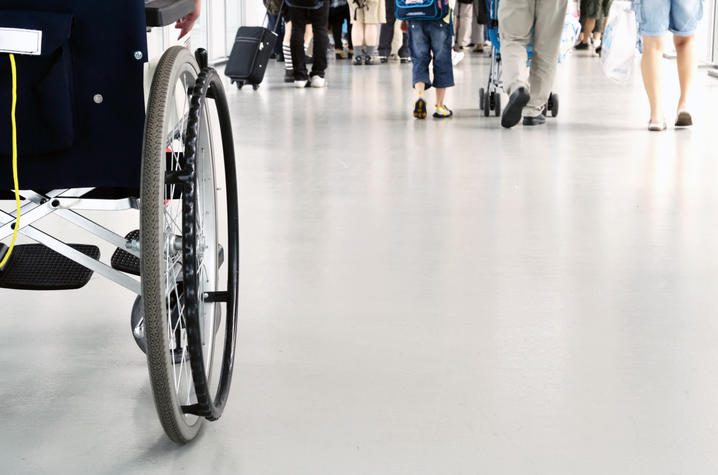
HDI Collaborates with CVG to Promote Accessible Air Travel
Dr. Walt Bower has been involved in disability advocacy for a while but even he is continually learning about the difficulties of air travel for passengers with disabilities. Bower, HDI’s […]
-

Dr. Rachel Womack represents HDI at Disability Policy Seminar
When Dr. Rachel Womack attended the Disability Policy Seminar, she wasn’t entirely sure what was in store for her. Womack, who serves as HDI’s Training Director, had been to academic […]
-

Fowler named Rehabilitation Technologist of the Year
Josiah Fowler, a Rehabilitation Technologist for the Office of Vocational Rehabilitation, thinks of his job like a puzzle. Luckily, he’s good at puzzles. Though the title of Rehabilitation Technologist might […]
